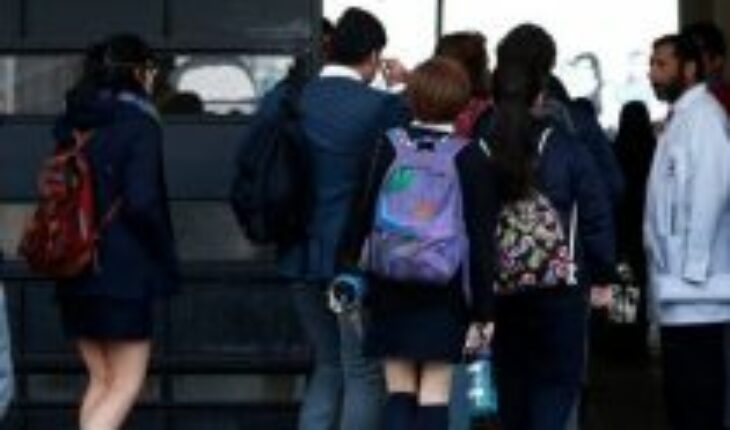It is known that children and adolescents of the twenty-first century have an increasing use of technology, in various forms, which they access more and more early. Thus, both in playful and socialization processes, the internet is an element that mediates a large part of its spaces, interactions and links.
Given the above, and specifically since the pandemic, the educational world has had to increase the use of digital tools and resources to carry out teaching and learning processes, having to adapt dynamics that have traditionally been face-to-face to a space of distance connection.
Although the great effort of the educational communities; managers, teachers, students and parents, has resulted in many of these processes have been successfully implemented, the skills required for a good use of digital tools and the forms of relationship that are established from them require diverse skills that are not always present in users, which, added to a greater time of exposure to screens, has increased some risks, such as cyberbullying.
During the months of October and December 2021, the Superintendence of Education carried out the fourth version of the Citizen Participation Survey “Together against cyberbullying and digital violence”, noting that more than 22% of students have been victims of this type of situation. Even more worrying are the results of the Cyberbullying and Youth Mental Health Survey implemented by the Ministry general secretariat of Government and the Katy Summer Foundation (2021), which indicate that in these situations the main reaction of the victims is to harm themselves (47%) or paralyze themselves (41%), which accounts for the serious effects and scarce possibilities of support, containment and resolution to which those who live these facts access.
These data, together with other facts of great media coverage and the observation of interactions in social networks such as Twitter, show a worrying scenario that we must assume and transform, from the various roles that summon us, to build a culture of good treatment in all the spaces in which we operate, but especially in educational establishments, in which skills and tools can be developed early to sustain values and behaviors essential for community life and for the type of actors that our society requires.
For this reason, it is essential for educational communities to actively address, not only declaratively, the challenge of forming students with perspective and skills to deal constructively with others in various spaces and contexts, both face-to-face and digital, exercising their rights responsibly. In turn, being able to recognize the other as a valid subject with legitimate differences and becoming part of the solution to situations of violence of any kind.
In this challenge, teacher training is necessary to provide tools to carry out a formative work with students, oriented to respectful, inclusive, participatory and dialoguing ways of living together, an action that we promote from educarchile within our free training offer with the support of various institutions that have the same conviction. This challenge that is presented to us today is a task that must undoubtedly be undertaken by all of us who feel called to build a better world in which to live and a real democracy that allows the integral development and well-being of all its members.
Follow us on
The content expressed in this opinion column is exclusive.The responsibility of its author, and does not necessarily reflect the editorial line or position of El Mostrador.





